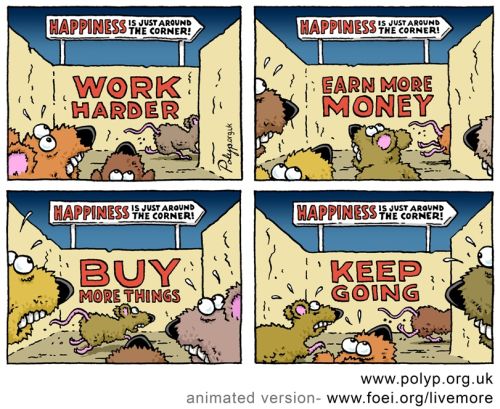The End of Democracy
March 20th, 2017 Democracy is history. It has gone, it is over, it is no more. I would say that it has gone to join the choir invisible, but it’s just not funny. Something once hard fought for, a right now taken for granted is, across the planet, being perverted, warped and crushed before our eyes. In the US, respected investigative journalist Greg Palast reports that a number of blatent methods were used to disenfranchise traditionally Democrat voters to swing the 2016 election. In the UK, the director of the Leave campaign casually admits that without the ficticious claim of £350m a week extra for the NHS, they wouldn’t have won the referendum.
Democracy is history. It has gone, it is over, it is no more. I would say that it has gone to join the choir invisible, but it’s just not funny. Something once hard fought for, a right now taken for granted is, across the planet, being perverted, warped and crushed before our eyes. In the US, respected investigative journalist Greg Palast reports that a number of blatent methods were used to disenfranchise traditionally Democrat voters to swing the 2016 election. In the UK, the director of the Leave campaign casually admits that without the ficticious claim of £350m a week extra for the NHS, they wouldn’t have won the referendum.
Further troubling information has emerged about the role of Cambridge Analytica in voter message targeting from Trump’s campaign. Annually according to the Advertising Associate, across all media, products and services, the UK spend on advertising exceeds £20billion. That would suggest advertising works. Money buys votes, whether that’s votes for political parties or washing power. Advertising mobilises. Advertising spreads. Advertising changes behaviours.
The basis of democracy is universal, free sufferage. A civilised society is defined by its ability to run free, fair elections. The case made by Greg Palast was the universal sufferage was denied in a number of ways:
- By investigating similarly named people registered in different states for votor fraud.
- They were supposed to cross check by d.o.b. and social security number. They didn’t
- There were supposed to exclude cases with different middle names. They didn’t.
- They targeted statistically black/hispanic/muslim names: Washington, Hernandes, Mohammed
- They sent small postcards asking people to confirm their voting address. These did not state that non-return would result in removal from the electoral roll. Traditionally, response is more common from older, wealther, homeowners. i.e. traditional republicans. The younger, poorer, transient voters moving regularly for jobs might never receive them. Traditional democrate voters.
- By insisting that voter fraud by double registration is a massive issue, therefore these measures are essential.
- It isn’t, independent research has shown that the number of cases is and has always been vanishingly small.
- By removing protections for hacking vote registration systems by turning off the vote photographing and anti-hcking protection. Exit polls have traditionally been exceptionally good indicators of eventual outcomes. Except where the Republicans were provably able to do just this.
I quote from Palast’s excellent article:
“In the state of Ohio they have fancy new machines which can record an image of your vote and an anti-hacking function. They were turned off,” explains Palast. “I went to court with Bob Fitrakis a law professor in Ohio to have this overturned. I went into the judge’s chamber, and there the Republicans did not deny that it was turned off but they said to turn it back on would create havoc. – This after the FBI had issued a warning that they feared the machines would be hacked.”
It seems like the battlelines between Trump’s WH and the security & intelligence servcies were drawn up long before the election result.
Here in the UK, we have a Labour party leader at war with the right-wing and other MSM. He is sneered at, ridiculed and ignored. No-one can question his integrity, but to counter this blast, he has to be smarter and more charismatic. But he isn’t. His great election strategy? Win by word of mouth. Facepalm. £20Billion says that isn’t going to work, but this is too important to lose. Too much is at stake. But of course it isn’t We’ve already lost democracy to the autocrats, corporations and billionaires.









